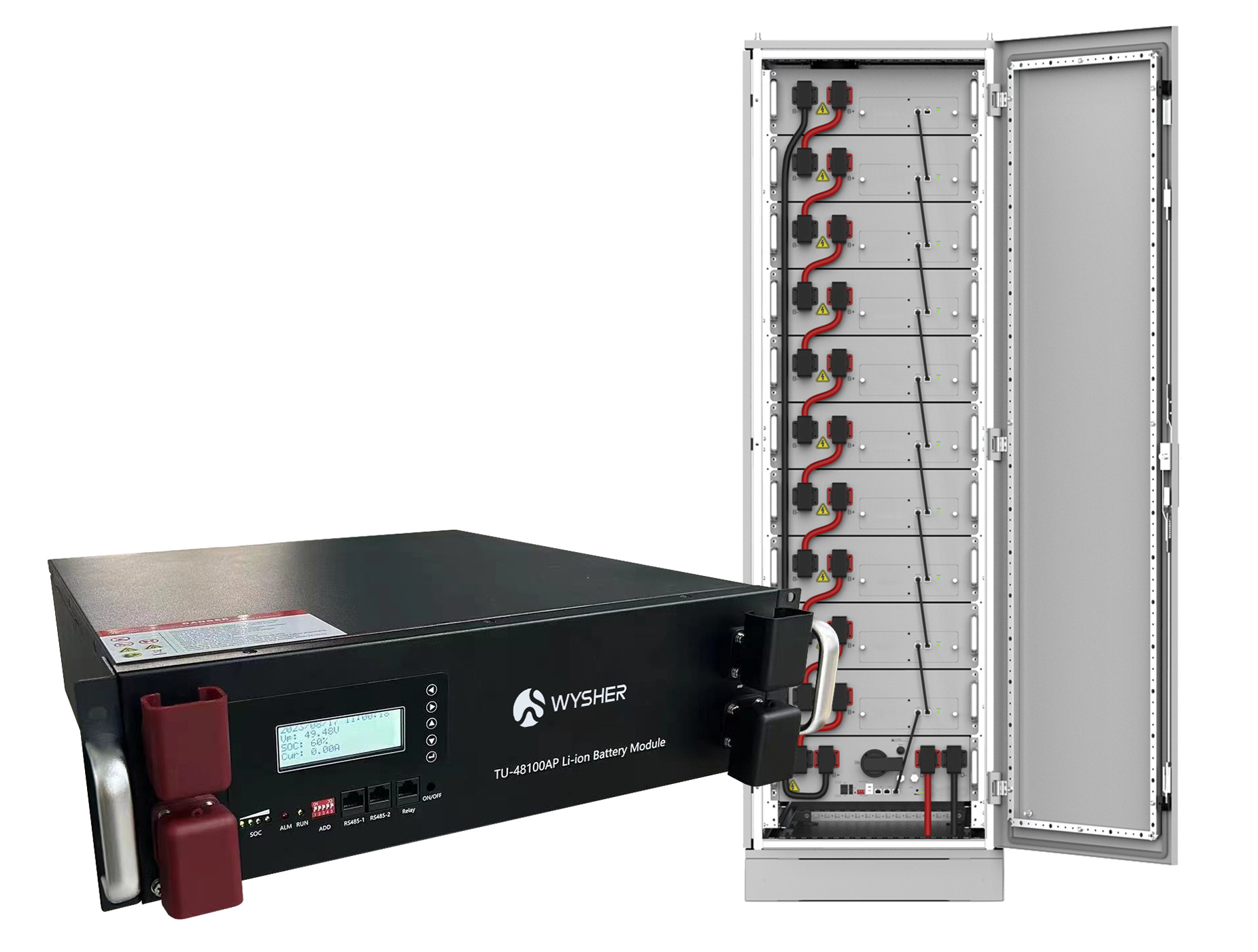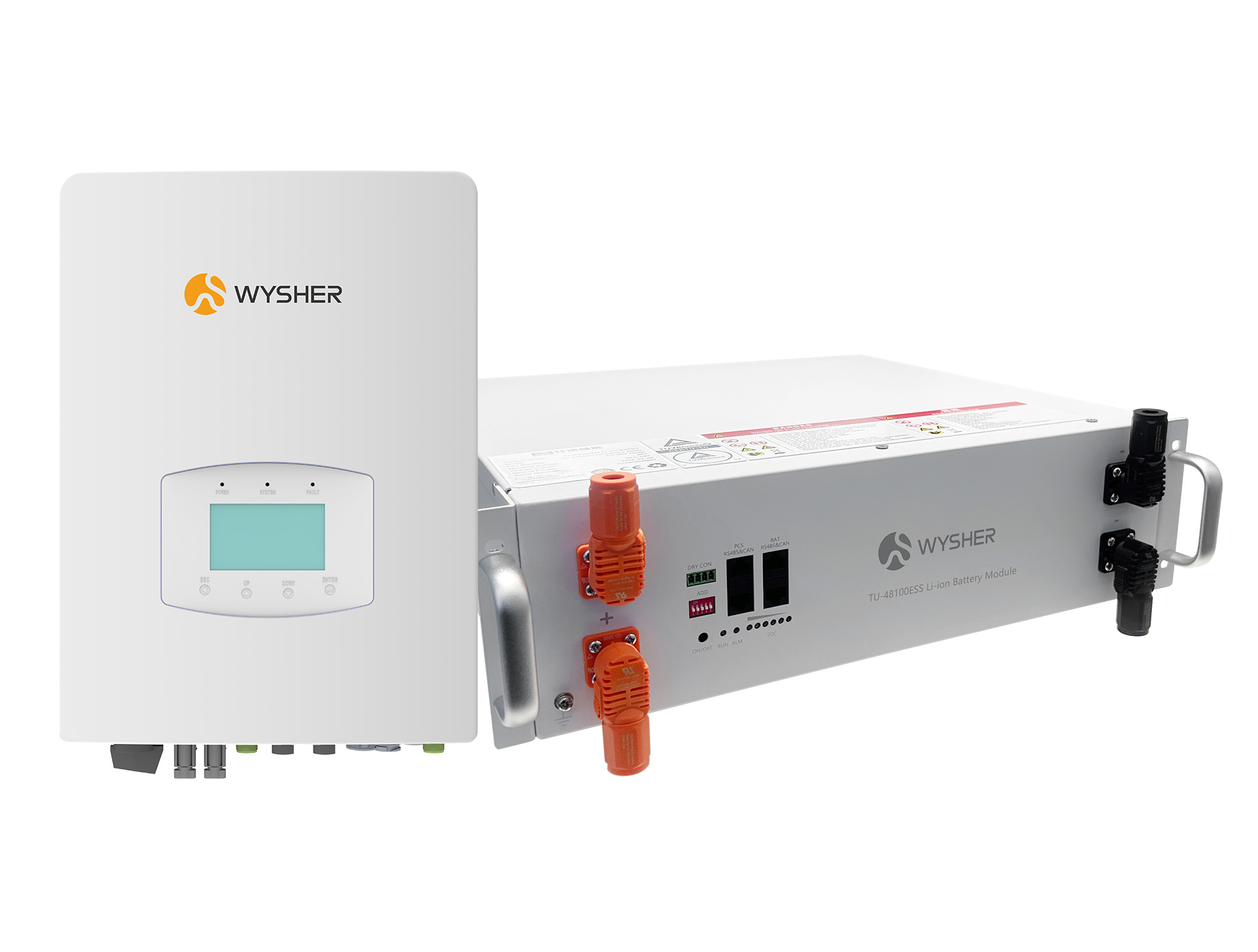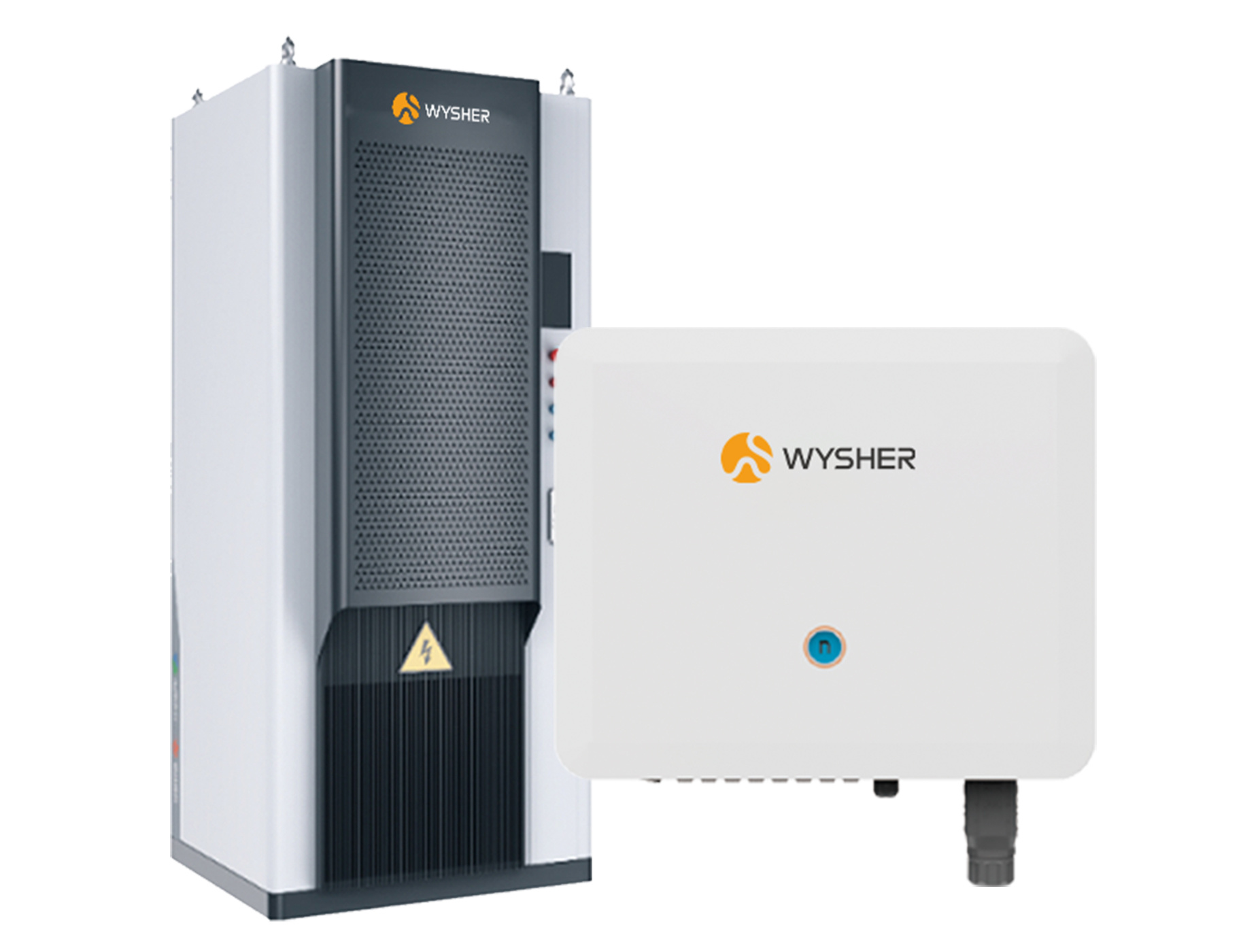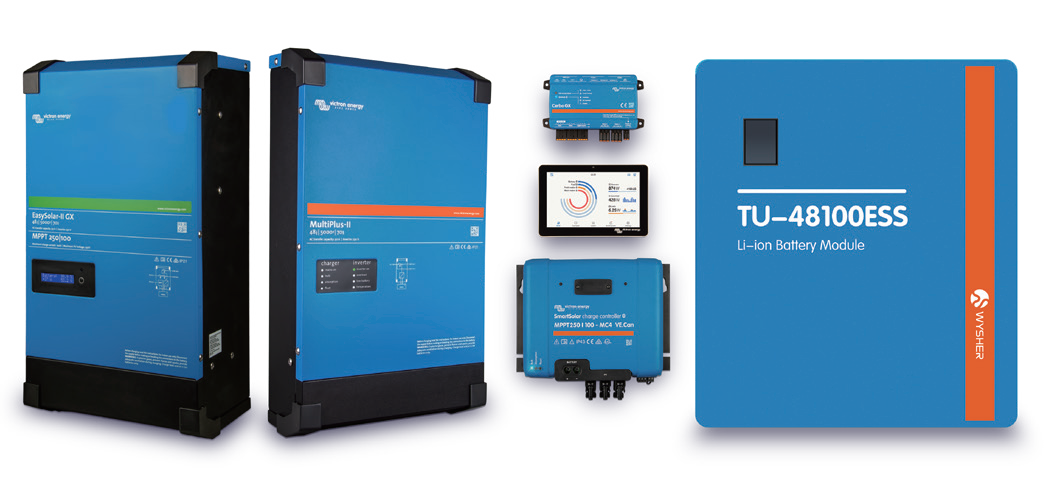NEWS
24
2023
-
10
Factors to Consider When Choosing a Telecom Battery
Telecom batteries are rechargeable batteries designed to provide backup power to telecommunications equipment, such as base stations, cell towers, and other communication infrastructure.
Telecom batteries are rechargeable batteries designed to provide backup power to telecommunications equipment, such as base stations, cell towers, and other communication infrastructure.
Telecom batteries are critical in ensuring that telecommunication networks remain operational during emergencies, natural disasters, or other events that can disrupt the power supply.
Factors to consider while selecting a telecom battery
The selection of telecom batteries can depend on several factors, including:
Capacity Requirements
The battery's capacity is determined by the telecom equipment's power consumption and the backup duration required during a power outage.
To choose the right telecom battery capacity, it's important to consider factors such as:
The power requirements of the telecom equipment,
The expected duration of any power outages,
The charging and discharge rates of the battery.
Battery Chemistry
Different battery chemistries have different performance characteristics, such as energy density, discharge rate, and cycle life. The most common battery chemistries used in telecom applications are lead-acid and lithium-ion.
Nickel Cadmium (NiCad) batteries are suitable for telecom applications that require high discharge rates and frequent cycling.
Lithium-ion (Li-ion) batteries are ideal for applications that require high energy density and long cycle life.
Nickel Metal Hydride (NiMH) batteries are a good alternative to NiCad batteries, especially for applications where the environment is sensitive to the use of cadmium.
Operating Environment
The operating environment, including temperature range, humidity, and exposure to vibration or shock, can affect the performance and lifespan of the battery.
If high temperatures characterize the operating environment, selecting a battery that can withstand those temperatures without losing capacity or experiencing premature failure is important.
Maintenance Requirements
The maintenance requirements of the battery, including the need for periodic testing, charging, and replacement, can also affect the selection of a telecom battery.
A battery that requires regular maintenance will need more attention and upkeep, which can be costly and time-consuming.
A battery with minimal maintenance requirements will be easier and less expensive to maintain over time.
Cost
The cost of the battery is an important factor in the selection process, as it can impact the overall cost of the telecom system.
It is important to balance the cost of the batteries with their performance, reliability, and safety features.
Cheaper batteries may have a lower upfront cost but a short lifespan or have the necessary safety features to protect your equipment.
Regulatory Compliance
Telecom batteries may need to comply with safety and environmental standards and regulations.
Batteries in telecommunications must comply with the safety standards set by regulatory bodies such as Underwriters Laboratories (UL) and International Electrotechnical Commission (IEC).
Compatibility with equipment
The battery must be compatible with the telecom equipment it will power, including the voltage and current requirements.
The batteries meet safety requirements, such as protection against overcharging, short-circuiting, and thermal runaway.
Contact WYSHER to order Telecom Batteries
Hence all the environmental, operating, and safety factors must be considered while choosing telecom batteries that make them stable, long-lasting, and efficient. You can talk with our professionals at WYSHER to book good Telecom Batteries for you.
Key words:
Related news
Wysher, a leading provider of renewable energy solutions, has officially launched its Pakistan subsidiary, marking a strategic step in its global expansion. This move reinforces Wysher’s commitment to delivering cutting-edge solar and energy storage technologies to the Pakistani market, supported by its authorized partnership with Victron Energy.
Factors to Consider When Choosing a Telecom Battery
Telecom batteries are rechargeable batteries designed to provide backup power to telecommunications equipment, such as base stations, cell towers, and other communication infrastructure.
How to Choose the Right Residential Energy Storage System for Your Home
Energy storage is usually using stored battery energy to store excess electricity generated by solar panels or other renewable energy sources. Residential energy storage systems typically consist of a battery pack, an inverter, and a monitoring system that allows homeowners to track their energy usage and battery performance.
How to choose a solar inverter?
A solar inverter is a device that converts direct current (DC) produced by solar panels into alternating current (AC) that is suitable for use by electrical appliances in the home or business.
What should we know about the different types of solar inverters?
On-grid solar inverters are the heart of any solar power system. They play a key role in converting the direct current generated by the solar panels into alternating current that can be fed back into the grid or consumed in the household.
Date: SEPTEMBER 11-14.2023 Location: Sands Expo & Convention Center,Las Vegas, Nevada, United States Booth: 12014







